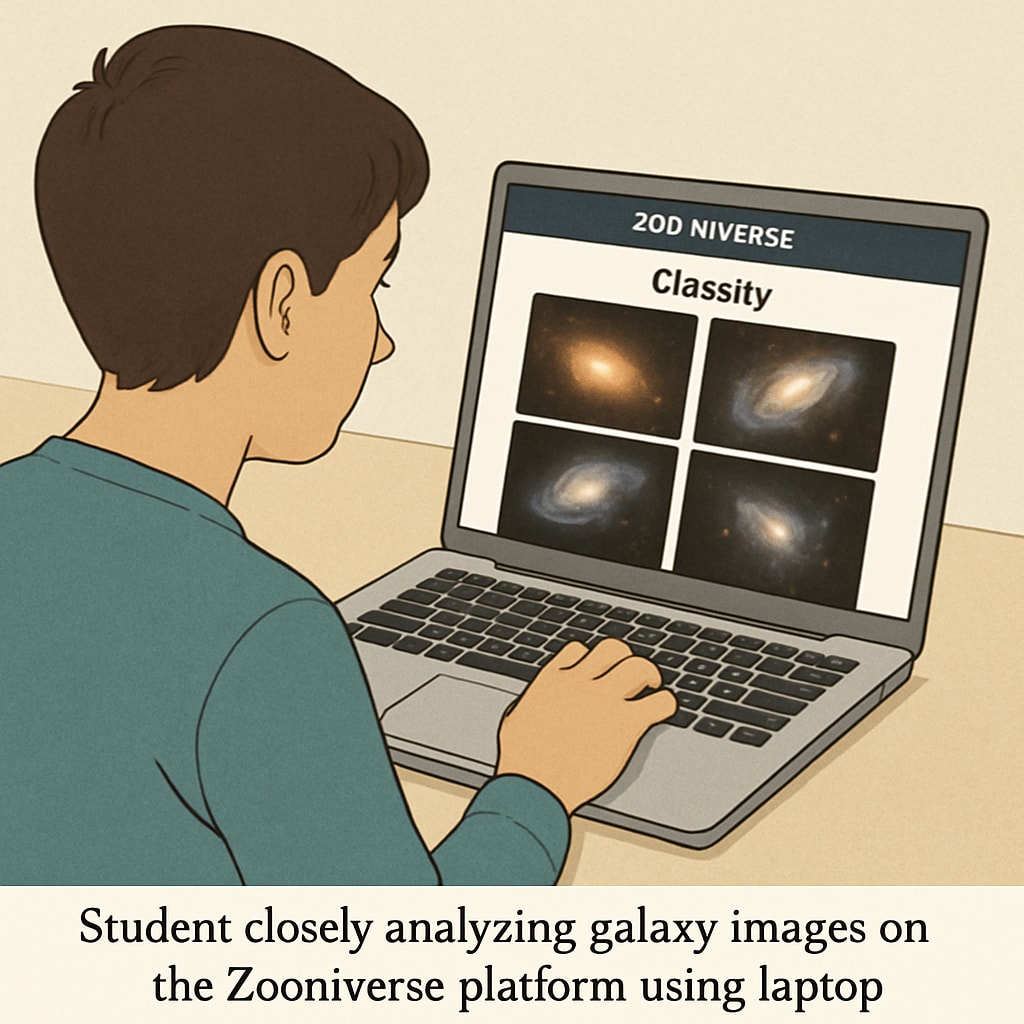Citizen science projects, Zooniverse, and scientific research opportunities are redefining education for K12 students. Zooniverse, a leading citizen science platform, offers students the chance to contribute to real-world scientific research, making science accessible and engaging. This innovative approach transforms passive learning into active participation, fostering curiosity and critical thinking. By integrating Zooniverse into classrooms, educators can inspire students to develop scientific literacy and multidisciplinary skills.
Bringing Citizen Science into K12 Classrooms
Citizen science is a collaborative effort where non-professional scientists contribute to scientific research. Zooniverse provides a diverse range of projects spanning astronomy, biology, ecology, and more, making it an ideal tool for K12 education. For example, students can classify galaxies, monitor wildlife populations, or analyze historical documents. These activities not only teach scientific concepts but also encourage teamwork, problem-solving, and data analysis.
- Offers hands-on experience with real datasets.
- Encourages critical thinking and analytical skills.
- Promotes interdisciplinary learning across STEM and humanities.

Benefits of Zooniverse for K12 Students
Integrating Zooniverse into K12 education offers numerous advantages. It shifts students from passive learners to active contributors, giving them a sense of ownership and purpose in their educational journey. Additionally, by participating in citizen science projects, students gain exposure to professional scientific methodologies, which strengthens their understanding of how science impacts the world.
Some key benefits include:
- Developing scientific literacy and research skills.
- Building confidence through meaningful contributions.
- Expanding global awareness and ecological responsibility.

How Educators Can Incorporate Zooniverse
Incorporating Zooniverse into the classroom is straightforward and rewarding. Educators can begin by selecting projects aligned with their curriculum goals. For instance, an astronomy unit can include Galaxy Zoo, where students identify galaxy shapes. Teachers can also encourage group discussions and presentations to enhance communication skills and deepen understanding.
Steps to integrate Zooniverse:
- Choose projects relevant to your subject area.
- Provide training on how to use the platform.
- Facilitate collaboration and discussion among students.
- Encourage reflection on the project’s impact on science and society.
Educators can find additional resources on platforms like Britannica and Wikipedia, which provide valuable insights into the field of citizen science.
Building Future Scientists and Global Citizens
By engaging with Zooniverse, K12 students not only contribute to scientific progress but also develop a lifelong appreciation for inquiry and discovery. These projects cultivate critical skills such as collaboration, digital literacy, and ethical reasoning, preparing students for a rapidly evolving world. Moreover, the sense of accomplishment from contributing to meaningful research inspires students to pursue STEM fields and other areas of impact.
Citizen science platforms like Zooniverse empower students to see themselves as capable scientists and problem-solvers. As a result, they gain confidence in their ability to tackle challenges and contribute positively to society.
Readability guidance: This article uses concise paragraphs and lists to summarize key points. The content is enriched with transitions like “for example” and “as a result,” ensuring smooth readability. Images are strategically placed to enhance comprehension.


